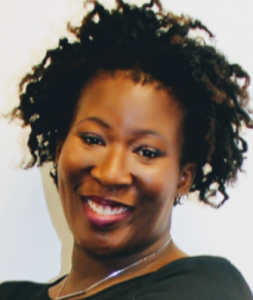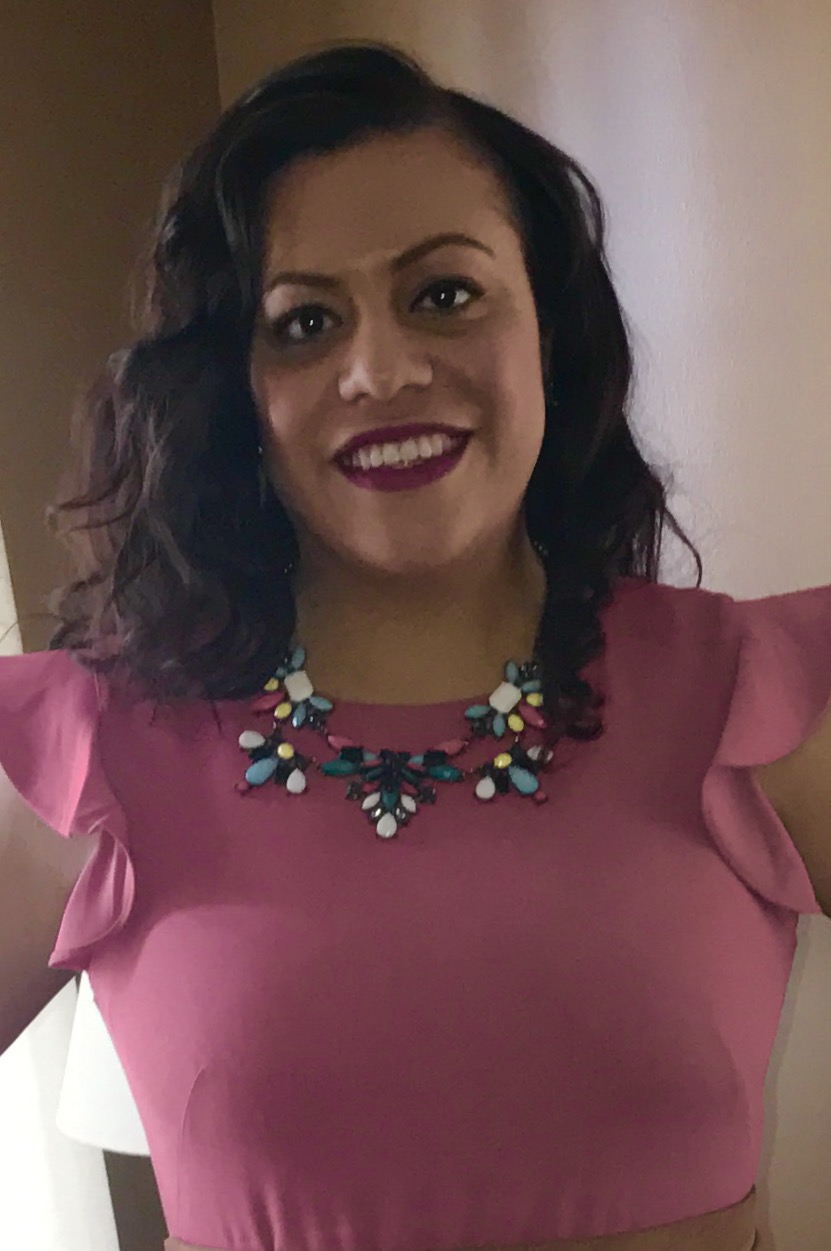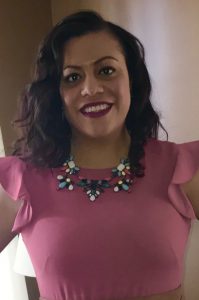Sharing Our Perspective
It is our hope to share our perspective and acknowledge the feelings and interactions that come with home visiting during this time of uncertainty regarding today’s social and moral climate in 2018. Our hearts and our heads literally hurt for all that is happening in society now. It is a difficult task to write about real issues and difficult feelings in a meaningful way. How does one hold and make sense of all of this at one time? In the infant and early childhood field we have the wonderful opportunity to deeply experience and explore feelings. Yet, right now some of us really don’t want to feel this level of discomfort. Each day we read the news and there are more challenges: very young children being separated at the border from their traumatized parents, murders that are racially or politically motivated, sexism and a multitude of other injustices. I wonder how anyone holds all of this – work, family, health, political climate, etc.- and then supports the families that we serve. And how can supervisors support supervisees to the extent needed and, in turn, how can supervisors get the support they need? We offer two perspectives in reflection on many of the current happenings in 2018.
As a home visitor over the last 18 years and specifically as an IMH therapist for the last 10 years, there are many experiences and stories from which I can choose to share. It is my hope to share my reflections in a way that helps acknowledge the experiences of home visitors and how this work continues to be done with very young children and their families. In today’s political and social climate so many situations that encompass tragedies, separations and racial inequalities are being played out in the media every day. Each of us is impacted in some form or fashion whether personally or professionally and for some of us it is both personal and professional. The profound impact of daily inequalities we experience directly and indirectly as clinicians require a safe place to discuss and process our own feelings and experiences as well as the feelings and experiences of the families we serve.
A privilege to do this work
It is a privilege to work with each family we encounter. Often the families we interact with have little trust for people, especially people they may view as in authority.
The reality is that each of us has initial thoughts, biases and judgements upon our first meeting; assumptions are made by both the clinician and the family.
The clinician may be wondering: ‘Will I be able to relate to this family?” ‘Can I help this family?’ and possibly, ‘Will this family overwhelm me?’ The client may be wondering: ‘Can this therapist help us?’ ‘Will she take my children from me?’ ‘Will she understand my hurt and pain and that I want better for my children?’ With all of these thoughts, how does a clinician unpack her own experiences and start fresh with each family? Often clinicians have the opportunity to utilize reflective supervision but what about the experiences that are too hard or too charged to talk about? I have left home visits feeling completely dysregulated because of thoughts, feelings and experiences that have occurred during a two – hour session.
My own cultural background
I remember home visits when race was discussed and feelings of prejudice were vocalized by family members without the other person having any recognition of my own cultural background and with no regard as to how these thoughts and feelings might impact me. As an African American clinician with very fair skin, I recognize that some families may be unsure of my race and be surprised to learn that I am not biracial or Latino. I have coined the term, “when I announce my blackness” to describe these conversations with families in an attempt to understand their point of view. At times I have asked myself if I feel safe and if will I be able to go back and do meaningful work with a family after these conversations have taken place.
These questions are critical to each unique working relationship and are issues that need to be explored.
Great support is needed not only by supervisors, but also from peers and the agencies where we work. Without exploring these very deep issues, our relationships become compromised and we are unable to be our best and do justice to our work.
I can also reflect on experiences when families were facing separation from their children due to child protective services involvement, incarceration of a parent, non-involvement of a parent, immigration laws or homelessness. The very idea that a family cannot be together due to challenging circumstances or past mistakes can be too much to bear at times and heartbreaking for all involved. I cannot help but think about innocent children being affected by the new immigration laws that are separating them from their parents without any warning or plan of reunification. My feelings about issues impact me deeply and affect my ability to effectively do my job. I need supportive supervision to discuss these as well.
My own experience with immigration
I am the wife of a legal immigrant who came to this country for a better opportunity. My husband came to the United States at the age of 19 to live the American Dream that is so proudly talked about and held in such high regard. He obtained his citizenship in 2012 which was a very happy day for him and our family. As an American citizen I felt proud to witness so many people actualizing their dreams and pursuit of happiness that day.
I held my oldest son high off the ground, so he could see his father presented with his citizenship and shake the judge’s hand after they all took their oath to be upstanding citizens here in America.
I remember saying to our son, “We are so proud of Daddy. This is such a great day.”
However, with that vivid memory of joy I also have a vivid memory of uncertainty and fear. Thirteen years ago, my husband and I were planning to travel out of the country for vacation and my husband realized his green card had expired. In that moment, sheer panic set in and we were terrified as to what this would mean not only for my husband but for me as well. We quickly went to immigration services and had our lives in the hands of someone who knew nothing about us, who we were as individuals or as a couple. I remember my husband pleading his case to have his green card extended for an additional thirty days so he could properly renew his status. In that moment, our entire lives were hanging in the balance and we were at the mercy of a stranger. I prayed silently that she would help but feared she would make a judgement or have a bias and say” sorry, I can’t help you.” She decided to help us and gave my husband an extension, but this is not always the reality for the families we serve and the countless families here in the United Sates that are undocumented immigrants who just want a better life for their children.
As clinicians how do we hold these stories, advocate on families’ behalf and witness these realities without being impacted? It’s impossible and this is worthy to be discussed.
Andrea’s Perspective
 We are in a unique place and time in history. While very cognizant of issues of racism, sexism and overall hatred and injustice, these last few years have been a harsh wake up call. Our nation is not new to consistent calamity. We have seen and experienced a great deal in the past 100 years, from WWII, to the Civil Rights Movement, Vietnam, the War on Poverty and new age terrorism to name a few. I not only see a nation divided but a nation of overwhelmed, frustrated and overall hurting people. What is the answer? I even googled that question to come up with something. I know some of you have watched the news, read your social media feeds, talked with loved ones and then also pondered that same question. In the infant and early childhood mental health field, we are the helpers. What is it that we as the helpers can offer as a salve on this gaping wound of intolerance? We the helpers must first do what we do best, start with self-reflection. We look within and become aware of our own inner workings to find common ground with our neighbor, our co-worker, and our clients. We start within and go beyond, moving to society as a whole. Our country needs an IMH worker!
We are in a unique place and time in history. While very cognizant of issues of racism, sexism and overall hatred and injustice, these last few years have been a harsh wake up call. Our nation is not new to consistent calamity. We have seen and experienced a great deal in the past 100 years, from WWII, to the Civil Rights Movement, Vietnam, the War on Poverty and new age terrorism to name a few. I not only see a nation divided but a nation of overwhelmed, frustrated and overall hurting people. What is the answer? I even googled that question to come up with something. I know some of you have watched the news, read your social media feeds, talked with loved ones and then also pondered that same question. In the infant and early childhood mental health field, we are the helpers. What is it that we as the helpers can offer as a salve on this gaping wound of intolerance? We the helpers must first do what we do best, start with self-reflection. We look within and become aware of our own inner workings to find common ground with our neighbor, our co-worker, and our clients. We start within and go beyond, moving to society as a whole. Our country needs an IMH worker!
What I have held on to in these uncertain times is not just believing but knowing that what separates is so much less than what brings us together. While I have seen racism, sexism and many other intolerances, I have also see those who demonstrate unity and healing in word, action and deed. I know individuals in this wonderful profession who advocate for those who look nothing like them. We make assumptions all the time, and privilege allows us to do so. However, if you are like me, you, too, are wondering ‘what can I really do to make a difference?’ We must be intentional about responding when issues of diversity, equity and inclusion come to our attention. It is difficult to be the person to speak up but if we don’t, who will? No one can afford to turn a blind eye to injustice and inequity.
We cannot do this work alone
We cannot do this work alone. We need each other: home visitors, clinicians, educators, advocates, policy makers-all are essential to this great work. We will voice the interests of infants, toddlers and families, and we will do this FOREVER!
Both supervisors and supervisees need support and supervision. Recognize when your cup is empty and identify for yourself who to turn to when it needs to be filled. You can’t pour out of an empty cup.
Together we can make a meaningful difference
In the end you don’t have to be Latino to care about immigration, you don’t have to be African-American to care about black lives matter. You don’t have to be Native American to care about sacred grounds; You don’t have to be in poverty to care about the poor and you don’t have to be female to care about women’s rights. We are all connected and that’s what matters and together we all can make a meaningful impact!
“Never doubt that a small group of thoughtful, committed citizens can change the world; indeed, it’s the only thing that ever has.” Margaret Mead


